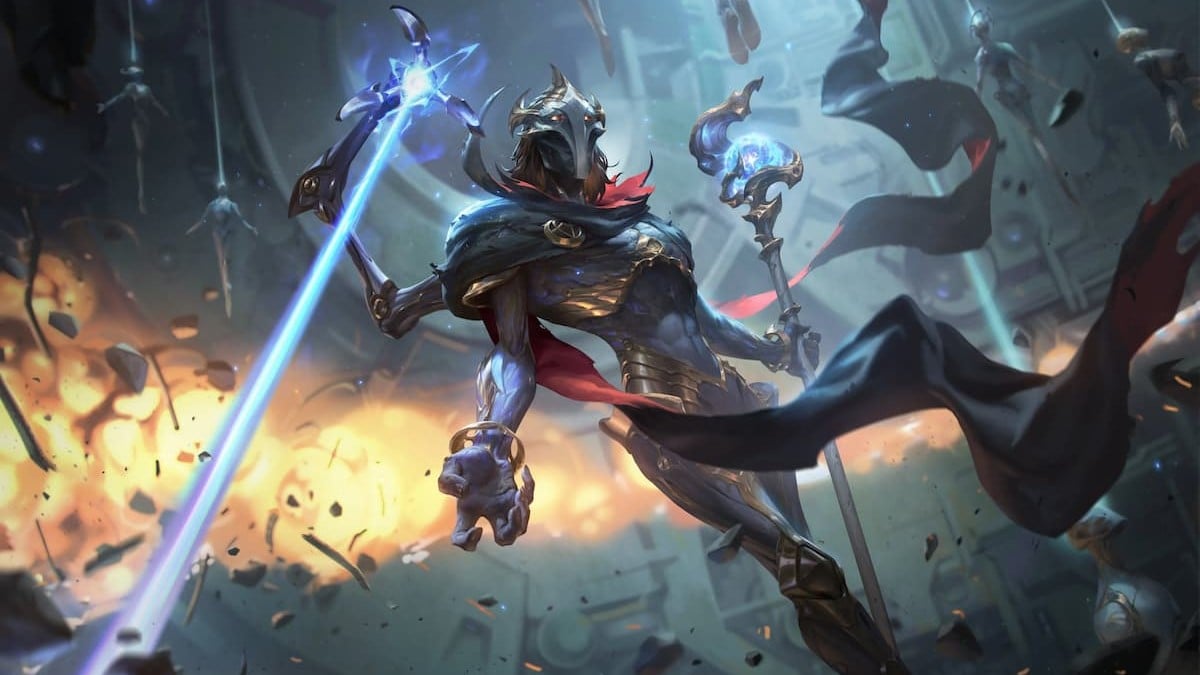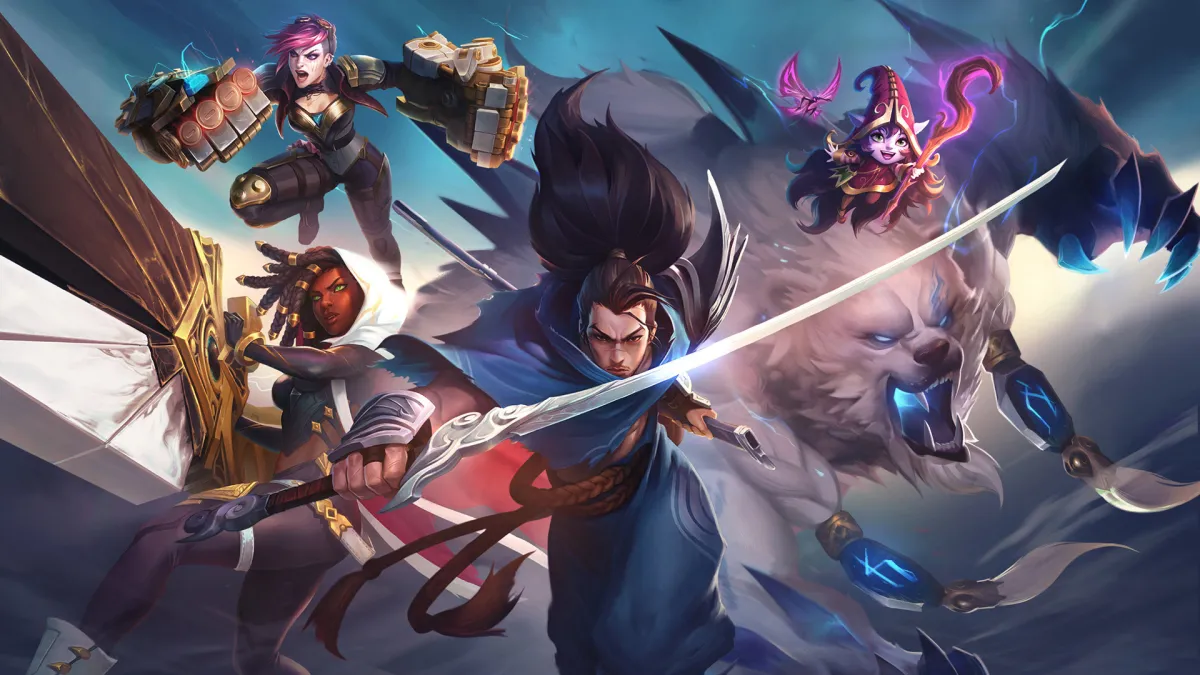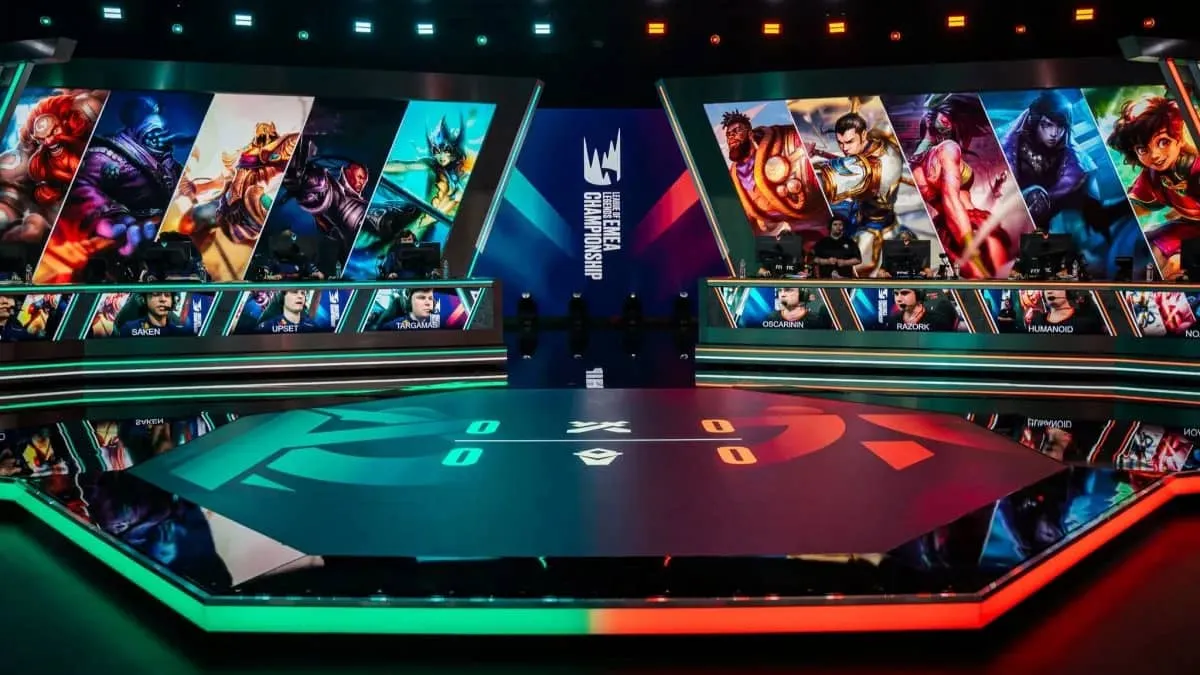
Within many professional sports leagues, organizations will have farm or academy teams used to either develop players who still need more work before they can play in the majors or to have a decent pool of potential players who can fill-in in case of an emergency. Many LCS teams have had troubled roster moves where they’ve had to bring in a player where they are unsure of how they’ll perform in the competitive environment (most recently Dignitas with their jungler trouble). Although Riot’s LCS does have a challenger league system, it does not fill the needs that a farm league would. A team’s challenger counterpart that is trying to make it into the LCS would not work as well as a dedicated second string. This makes me believe that Riot should reformat the Challenger league into two separate competitions, one for farm teams that exist underneath current LCS teams and another for potential challenger teams to qualify for the LCS.
Some may believe that this is a non-issue due to some LCS teams already having Challenger squads, such as right now with CLG Black, TSM Darkness and (although not currently competing) Liquid Academy and Cloud 9 Tempest. Although conceptually these teams can work as farm teams for the main LCS squad it is a rather problematic subject. These Challenger teams are attempting to qualify for the LCS and in a situation where the LCS squad needs a sub the owner would have to make a dire decision on whether or not the Challenger team should have to sacrifice their hard work. If a player has to travel to the main team’s gaming house and scrim with them they cannot fulfill the duties of their challenger team for that week. It’s also a problem for bringing in new talent, teams often choose to bring in completely new players instead of utilizing their challenger team due to not wanting to ruin their chances of getting into the LCS. This could be seen at the end of Season 4 where Voyboy had stepped down from the main Curse roster and Steve Arhancet, the former owner of Curse eSports, had to decide between scrambling to find a new mid laner or force the mid laner from Curse Academy to sacrifice his and the rest of the team’s hard work. Obviously, Arhancet decided to find new talent in Fenix and allowed Curse Academy to qualify and become Team Gravity. Completely separating new challenger teams and “sub squads” would prevent this from ever happening.
So what would the format be like? Essentially it would function similar to that of the LCS with each team playing one or two games a week against the other members of the league. Initially it would probably have to be an online only event, but possibly in the future it could be played out of the LCS studios. If the later were to ever happen it would be even better for the development of these players due to them being able to play in the same environment as LCS teams. These whole teams would be the substitutes listed for the LCS team, but it wouldn’t stop just there. Organizations would have the power to freely move players in between the two leagues, giving motivation for the main squad to perform and take things seriously even if they don’t have a serious chance of competing at the top. Allowing players to move between LCS and the minor league would also make it similar to the League of Legends Champions Korea in that you can change your roster depending on who you play against. If the team that you’re playing against has a mid laner whose champion pool just happens to counter your own, but you have a very strong substitute mid laner who can perform well against the other team then you can switch them between the two teams. An organization within the LCS would not be required to host a team in this league, but they would be at a distinct disadvantage if they didn’t as it would help make their rosters even stronger.
At first this system may dilute the already slim challenger player pool, but in the long run it would make it stronger. Imagine you have a player who isn’t LCS ready but is very good and is almost there. Right now he would have to compete in the current Challenger series and, if he’s lucky, play against an LCS team in the qualification tournament. The odds are that he’ll lose, his challenger team simply did not have the same resources that the LCS team did and suffered because of it. The player is obviously upset at first, but he’s ready to get better and work even harder. He plays through the next challenger split and the same exact thing happens again. If a secondary challenger league existed this player would have the opportunity to join it and work underneath the structure of an already existing LCS organization that knows what they’re doing. After a year of playing here they’ve improved significantly and, if he hasn’t already gotten a chance to play for his own or other organization’s LCS team, he can now join a challenger team in the opposite league. Due to his hard work with experienced staff he is now LCS ready and qualifies into the main league. Using the twin challenger league system, new talent will be able to improve and make their way into professional League of Legends.
Many will say that this is a solution without a problem, that this sort of thing isn’t necessary. It’s only a concept and I’m not demanding that it is required for League of Legends to advance as an eSport, but if you look towards the future you’ll see that this sort of thing isn’t that far out of reach.





Published: Mar 7, 2015 11:25 pm